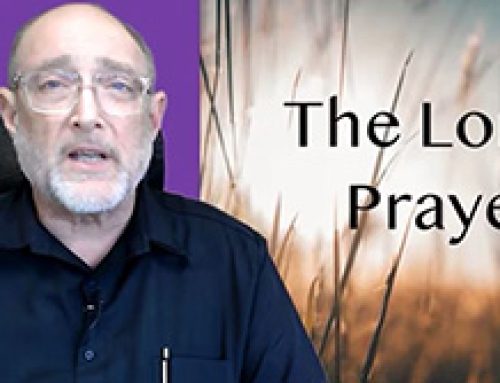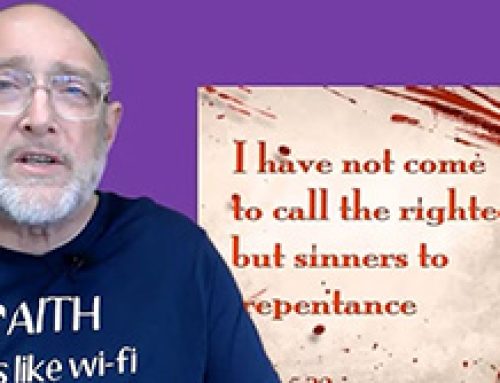Shane Hyland, Leader of School Evangelisation at St Joseph’s Regional College reads today from the Gospel of Luke (13: 1-9) in which Jesus tells the parable of the fig tree, which does not bear fruit.
Shane says, today’s Gospel passage helps us to reflect on human sinfulness and the need for repentance. Jesus is approached with news about Galileans who were killed by Pilate while offering sacrifices. The people believe that these Galileans must have been particularly sinful to have suffered such a fate.
Jesus counters their assumption by pointing out that those Galileans were no worse sinners than anyone else. He extends this example by mentioning eighteen people who died when a tower in Siloam fell, again, challenging the idea that such tragedies are divine punishments for particular sins. His message is clear: rather than pointing fingers, everyone should recognise their own need for repentance, because all are equally in need of God’s grace.
Jesus’ response in this passage reframes the tragedy of those deaths by pointing to a deeper reality—that all people, not just the Galileans or those at Siloam, are in need of repentance.
This universality of sin aligns with the concept of original sin, reminding us that we are all in need of forgiveness and grace. No one can claim to be free from the consequences of sin simply because they have avoided particular tragedies or have lived a more moral life by human standards.
Jesus highlights the urgency of repentance, not just for the extreme sinners, but for everyone.
In the second half of the passage, Jesus shares a parable about a fig tree that has not borne fruit for three years. The owner of the vineyard wants to cut it down, but the gardener asks for one more year to care for it and give it another chance to bear fruit.
This image of the fig tree can be connected back to the Garden of Eden, where Adam and Eve ate the forbidden fruit from the tree of the knowledge of good and evil, leading to the introduction of sin into the world. The fig tree here symbolises humanity’s failure to live up to God’s standards, a failure rooted in original sin.
The fig tree also represents God’s patience and mercy. God offers opportunities for repentance and redemption. Just as the gardener pleads for more time to tend to the tree, God, in God’s mercy, offers humanity time to turn from sin and bear the fruits of repentance. This echoes God’s grace in the aftermath of the Fall, when, despite Adam and Eve’s disobedience, God began the plan of redemption through Jesus.
In reflecting on this passage, it becomes clear that, like the Galileans and the victims of the Siloam tower, we are all part of the human condition marred by sin. Yet, like the fig tree, we are given the chance to respond to God’s call, to repent, and to bear fruit.
Shane says, the parable serves as a reminder of both the urgency of repentance and the incredible patience of God, who desires that none should perish but that all should come to eternal life. The fruitlessness of the fig tree is a warning, but the gardener’s plea for time is a reminder to us of God’s enduring grace.






Leave A Comment